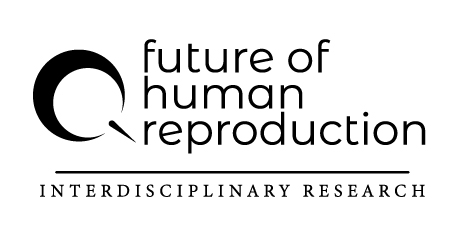What is happening in current scientific research?
Since the discovery of CRISPR-cas9, research teams across the world have sought to apply it in many different scientific fields. CRISPR technology is already being used in trials for the treatment of diseases, such as cancer, and in attempts to eradicate inherited genetic conditions including cystic fibrosis and muscular dystrophy. It is also being used to try to improve the safety of genetically engineered pig-to-human organ transplantation (xenotransplantation) by overcoming immunological barriers to cross-species transplants. Outside of medical research, CRISPR is being trialled in efforts to preserve endangered species, and to protect agricultural systems against climate shocks.
The use of CRISPR technology has not been without controversy. In 2018, a Chinese biophysicist, Dr He Jiankui, shocked the global scientific community by announcing the birth of non-identical twin girls created from embryos that had been genetically edited. Using CRISPR techniques, He Jiankui claimed to have modified the genes of the twins to make them immune to HIV, the virus that causes AIDS. He Jiankui’s work was widely condemned as ethically irresponsible, with Chinese officials describing it as a violation of Chinese law. He was subsequently sentenced to three years in prison after being found guilty of conducting illegal medical practices.
Following this controversy, in March 2019, a prominent group of researchers, including Charpentier, called for a global moratorium on human germline editing (that is, the editing of DNA in human sperm, eggs or embryos to make genetically modified children). Also in March 2019, the WHO Director-general stated that ‘it would be irresponsible at this time for anyone to proceed with clinical applications of human germline genome editing’, citing the WHO Expert Advisory Committee’s recommendation that ‘regulatory authorities in all countries should not allow any further work in this area until its implications have been properly considered’.
More recently, in July 2021, the WHO published a report on human genome editing which recommends (amongst many other things) that the Director-General make ‘a policy statement that somatic or germline human genome editing research should only take place in jurisdictions with domestic policy and oversight mechanisms’. Commenting on the release of the report, the Director-General said that ‘[h]uman genome editing has the potential to advance our ability to treat and cure disease, but the full impact will only be realized if we deploy it for the benefit of all people, instead of fuelling more health inequity between and within countries’.
In the UK, human germline editing for reproductive purposes is currently illegal under the Human Fertilisation and Embryology Act 1990 (as amended in 2008). However, it is permitted for research involving non-heritable DNA modifications (e.g. certain types of cancer research), although a license to do this is required. While the CRISPR-cas9 technology can enable the creation of genetically modified children, it is not currently legal to use it in this way in the UK and many other countries. However, it is possible that the regulation may change in the future and, if it does, it will raise important issues and questions.


